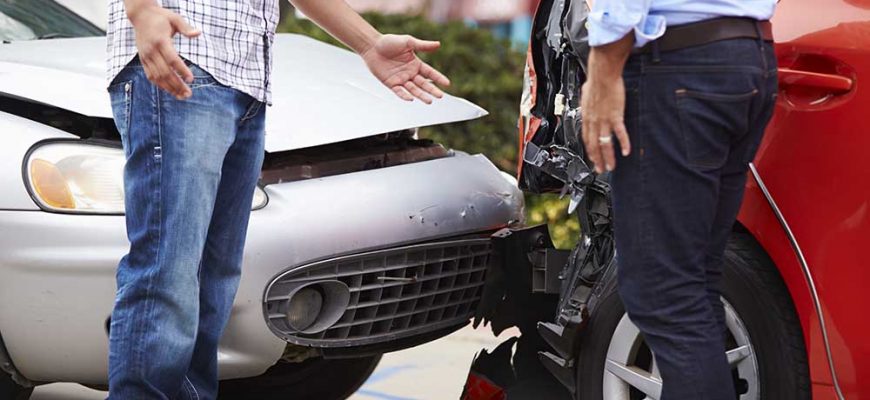Dealing with the Emotional Aftermath of a Car Accident

Every year, thousands of Australians experience the trauma of a car accident. While the immediate focus often lies on physical injuries, the emotional and psychological scars can linger long after the physical wounds have healed. Understanding and addressing the emotional aftermath is crucial for a full recovery. This guide aims to navigate the complex journey of emotional healing post-accident, offering support, advice, and resources available in Australia.
The Psychological Aftermath
Car accidents can leave a profound impact on one’s mental health, invoking a range of emotional responses including shock, anger, guilt, and a pervasive sense of vulnerability. For some, these feelings evolve into more severe conditions such as anxiety, depression, or even Post-Traumatic Stress Disorder (PTSD). Recognizing the signs of PTSD, which may include flashbacks, nightmares, and severe anxiety, is a crucial step in seeking the necessary help and beginning the healing process.
Recognising Symptoms
The emotional toll of a car accident can manifest in various ways. Symptoms to watch for include difficulty sleeping, intrusive thoughts about the accident, heightened irritability, and avoidance of driving or talking about the incident. These signs indicate that the emotional impact of the accident is significant and that professional help may be needed to navigate the recovery process effectively.
Navigating the Path to Emotional Recovery
Seeking Professional Help
Acknowledging the need for help is a sign of strength. In Australia, resources like the Australian Psychological Society’s ‘Find a Psychologist’ service and Beyond Blue provide access to professionals specializing in trauma. Engaging with a psychologist or counsellor can equip you with strategies to manage your emotions and facilitate a healthier recovery process.
Self-Care Strategies
In the wake of an accident, self-care is paramount. Establishing a routine, engaging in physical activity, and dedicating time to hobbies that bring joy can significantly impact emotional well-being. Practices such as mindfulness and meditation can also offer solace, helping to manage stress and anxiety. Remember, allowing yourself time to heal is not only necessary but vital.
Building a Support Network
Leaning on Loved Ones
The value of a strong support network cannot be overstated. Sharing your feelings with friends and family can provide comfort and reduce the sense of isolation that often accompanies trauma. Being open about your struggles allows your loved ones to offer the support you need during this challenging time.
Community and Online Resources
For those seeking the camaraderie of individuals with shared experiences, numerous support groups and online forums cater to accident survivors. Organizations like Lifeline Australia and the Black Dog Institute offer emotional support and resources to those struggling with the aftermath of traumatic events.
Legal and Financial Considerations
Dealing with insurance claims and potential compensation can add an additional layer of stress to an already tense situation. It’s advisable to consult with legal professionals specializing in car accidents and compensation law to navigate these complexities. This not only helps in understanding your rights but can also ease the burden of financial uncertainties post-accident.
Moving Forward After a Car Accident
Regaining Confidence Behind the Wheel
For many, the thought of driving again can be daunting. Taking small steps, such as short drives in familiar areas with a supportive companion, can help rebuild confidence. Enrolling in a refresher driving course can also provide a structured way to regain your driving skills and confidence. It’s essential to move at your own pace and acknowledge that regaining confidence is a gradual process.
Conclusion
The road to recovery after a car accident can be long and fraught with challenges. However, understanding the emotional impact, recognizing the symptoms of distress, and taking proactive steps towards healing can significantly aid in the recovery process. Remember, seeking professional help, leaning on the support of loved ones, and utilizing available resources can make a substantial difference in overcoming the trauma of a car accident.
By addressing both the emotional and physical aftermath, individuals can embark on a comprehensive path toward recovery, eventually finding their way back to a sense of normalcy and well-being.
Resources for Further Support
- Beyond Blue – Support for anxiety, depression, and suicide prevention
- Lifeline Australia – 24-hour crisis support and suicide prevention
- Black Dog Institute – Resources on mental health
This guide aims to serve as a comprehensive resource for Australians dealing with the emotional aftermath of a car accident, providing the necessary tools and information to navigate the path to recovery.

